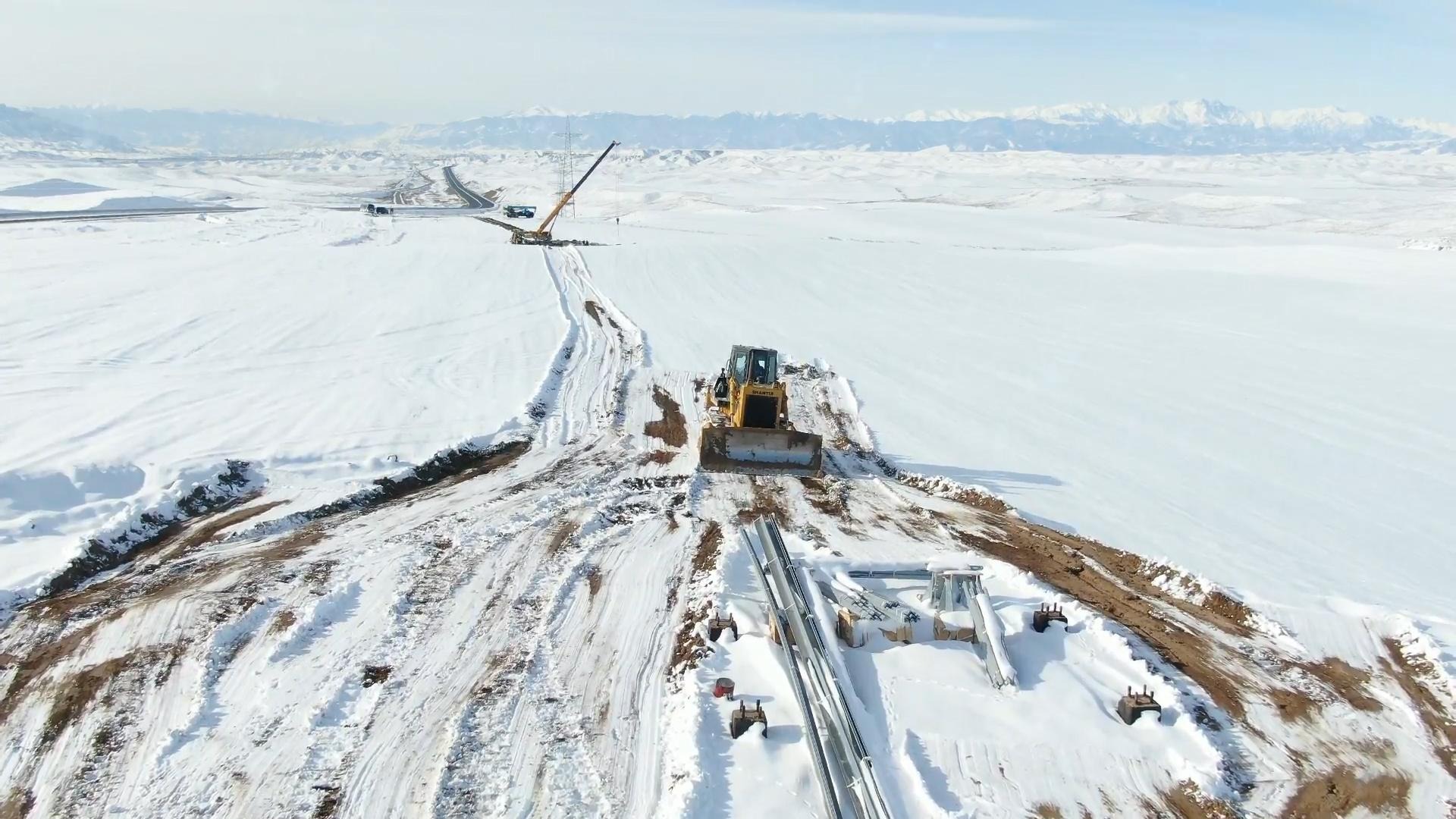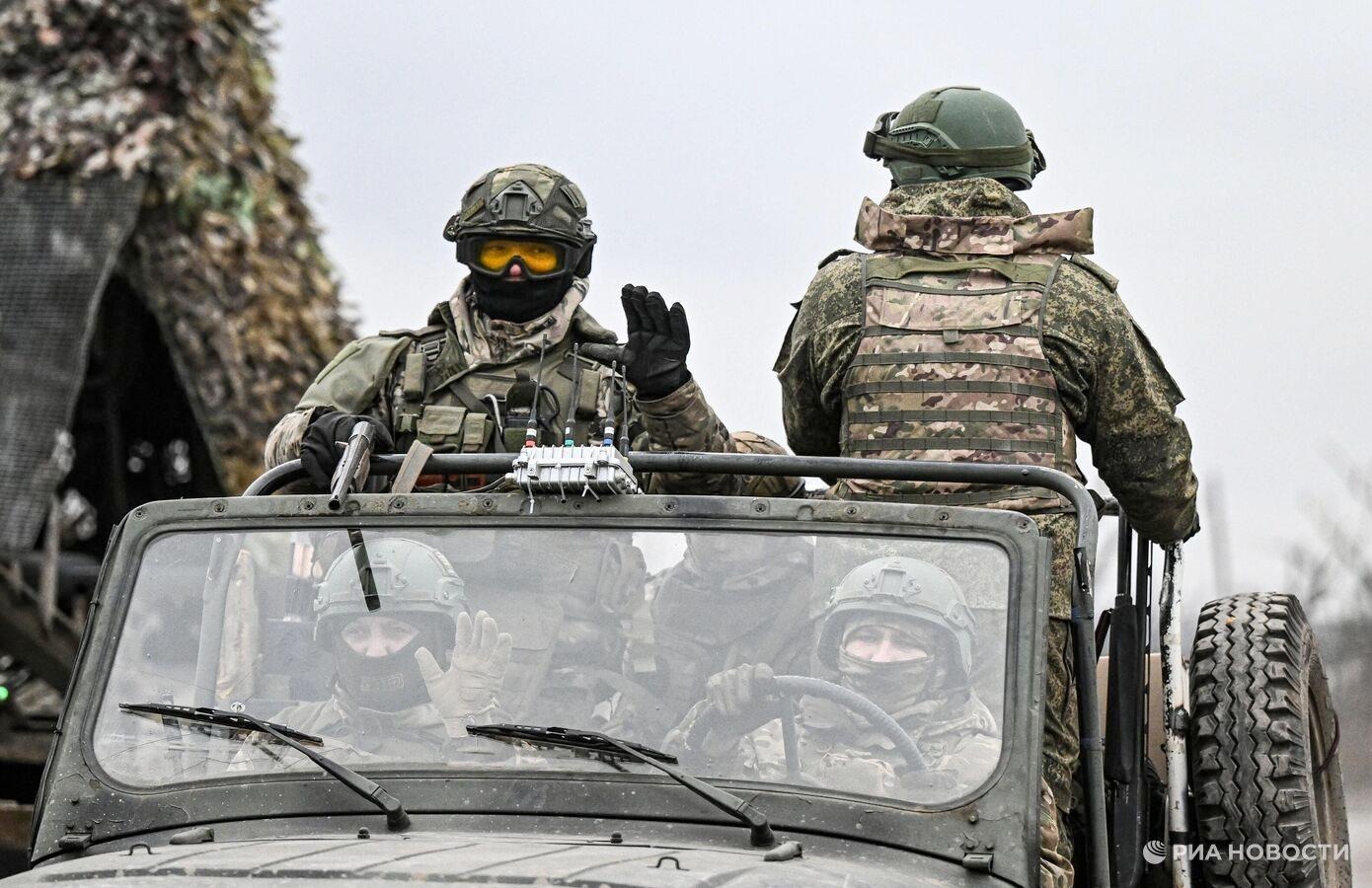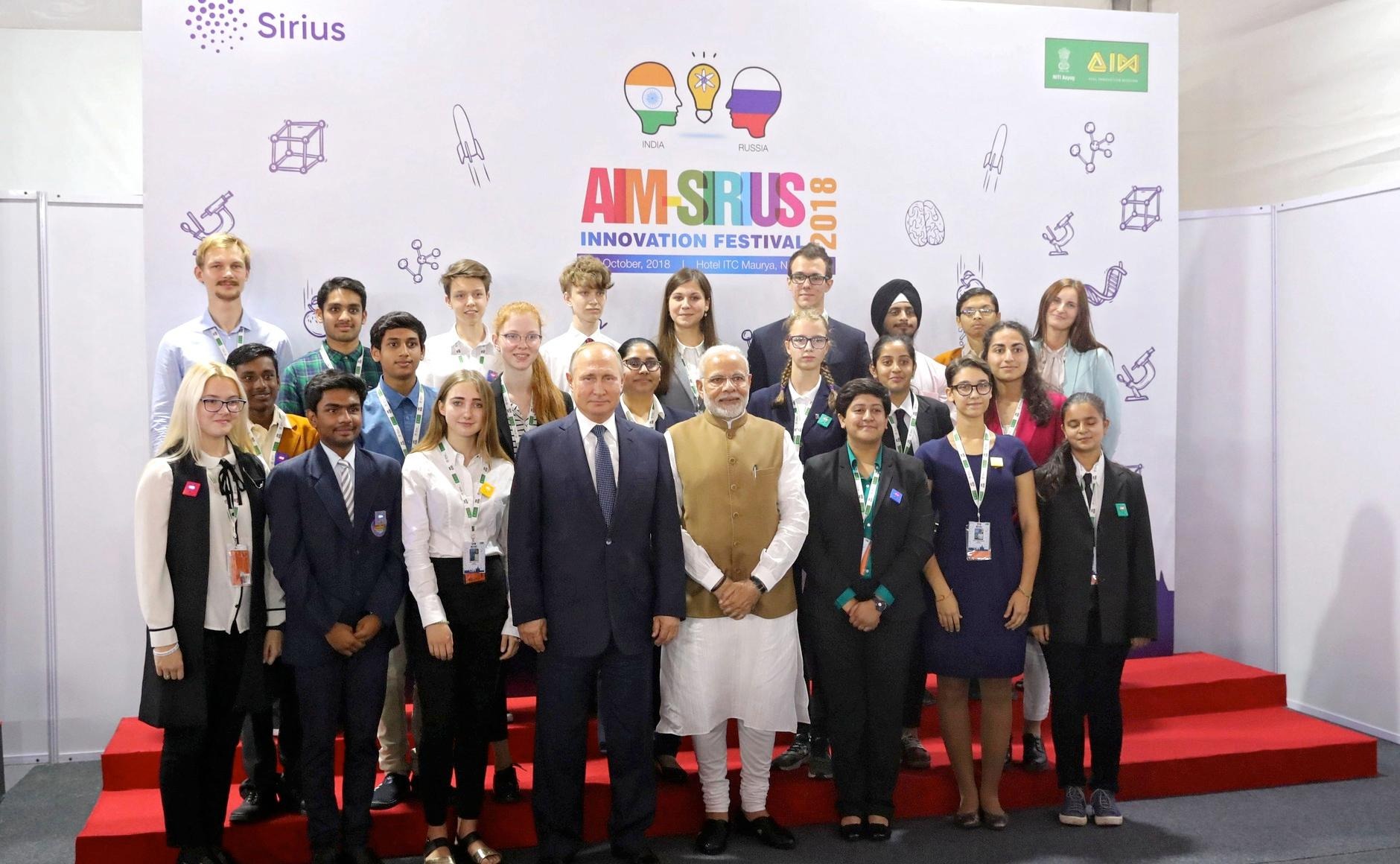Russian Preventive Strikes — Options And Capabilities
Russian Preventive Strikes — Options And Capabilities
When General Yuri Baluyevsky, the new chief of the Russian General Staff, declared on September 8 that Russia could deliver preventive strikes on terrorist bases anywhere in the world, most experts considered his statement either as an attempt to draw attention away from the dismal performance of the security services in Beslan or simply a strategic bluff (Nezavisimaya gazeta, September 10; Christian Science Monitor, September 10). However, the next day, in a rare show of unity, Defense Minister Sergei Ivanov confirmed the statement, and then Baluyevsky reiterated it, adding only that such strikes would be authorized by the president as the commander-in-chief (Newsru.com, September 10). This persistence could signify clumsy efforts to turn an empty statement into a plausible proposition by repeating it often.
It could also amount to a series of trial balloons, preparing the ground for a real strike, militarily limited but politically high impact. Punishment for terrorists is not really important in such a symbolic act. The main point is that the Russian leadership desperately needs to prove that it is not weak, since, as President Vladimir Putin established in his September 4 statement, “The weak get beaten.” The Russian military, though dysfunctional and rotten, is still capable of performing several limited strikes without resorting to its nuclear arsenal. Putting recent military exercises (EDM, June 22) in the context of political rhetoric and geopolitical realities might provide some ground for analyzing the range of possible targets. It matters little whether there are any suspect terrorists on the receiving end, but the lack of serious resistance is crucial. The targets must be beyond Russia’s borders but within its limited reach — and not on the territory of states able to muster a strong response.
The first candidate for “preventive” options is Georgia, which has lately become a serious irritant to Russia due its forceful pressure on South Ossetia (Kommersant, August 25). Chechen villages in the Pankisi Gorge have long been identified by Moscow as “safe havens” for the rebels, and several sweeps performed by the U.S.-trained Georgian forces have not eliminated these suspicions. Back in 2002 (precisely on September 11), Putin threatened Georgia with reprisals for harboring terrorists but quickly had to back-pedal; he likely would relish delivering on those old promises. Another possibility could be the Kodori Gorge, from which the Georgian militia and occasional Chechen bands have attacked Abkhazia, including the Russian peacekeepers stationed there (Nezavisimaya gazeta, October 6, 2001). Technically, Moscow could release synchronized air and ground operations against the two gorges. Georgian President Mikheil Saakashvili would then be left to make desperate appeals to the West, but Moscow could justify its unilateralist actions with a few captured “terrorists.”
Another possible target is central Azerbaijan, where a hypothetical terrorist group could be dispersed by an air strike, preemptively eliminating any “threat” to the Russian radar station in Gabala. A small detachment of special forces could be airdropped to reinforce the “message.” Concerned neighbors should remember that both the “Vityaz” group, now part of the FSB Special Operations Center, as well as the “Spetsnaz” units of the Main Intelligence Directorate, are trained not for hostage-rescue operations (that was the job for “Alfa”) but for strikes at the enemy rear (Nezavisimoe voennoe obozrenie, September 10). They could blow up a “suspect” mountain cave, and President Ilham Aliev could be consulted after the fact and advised not to lean that heavily toward NATO (Nezavisimaya gazeta, February 10).
A strike further south, beyond the post-Soviet space, would be operationally more difficult, but politically more impressive. Turkey and Iran are unlikely, but Iraq might offer a menu of targets. An additional advantage of this option would come in strengthening the anti-terrorist alliance with the United States, since the feasibility of such a Russian strike would depend entirely upon targeting provided by U.S. troops. This joint operation would not necessarily involve a reversal of Putin’s stance on the Iraq war, since the target of choice, somewhere in the north of the country, could be a camp allegedly run by al-Qaeda. Thus, Russia would not formally enter into the coalition struggling against the Shiia and Sunni resistance but would still make a valuable contribution to the common cause. Russian long-range aviation has practiced such missions, but they are technically not feasible under current circumstances (Nezavisimoe voennoe obozrenie, March 7, 2003).
Many “patriotic” commentators are urging Putin to take measures against the supporters of terrorism in the Gulf region (Odnako, TV-1, September 8), and the official insistence on finding ten “Arabs” among the terrorists killed in Beslan may indicate the desire to reach beyond Iraq. Saudi Arabia is certainly not under consideration, and the only state in the region where appropriate targets could be found is perhaps Yemen. As recently as early September, there have been clashes with rebels in the north of the country, and Russia may have coordinates for some old camps in these mountains. Technically, however, such an operation would stretch Russian air capabilities to the limit unless France would grant landing rights for its base in Djibouti. All of the available options are problematic, but Moscow feels hard-pressed to make a show of force — but cannot find any useful way to apply this force where it really matters: in Chechnya.


